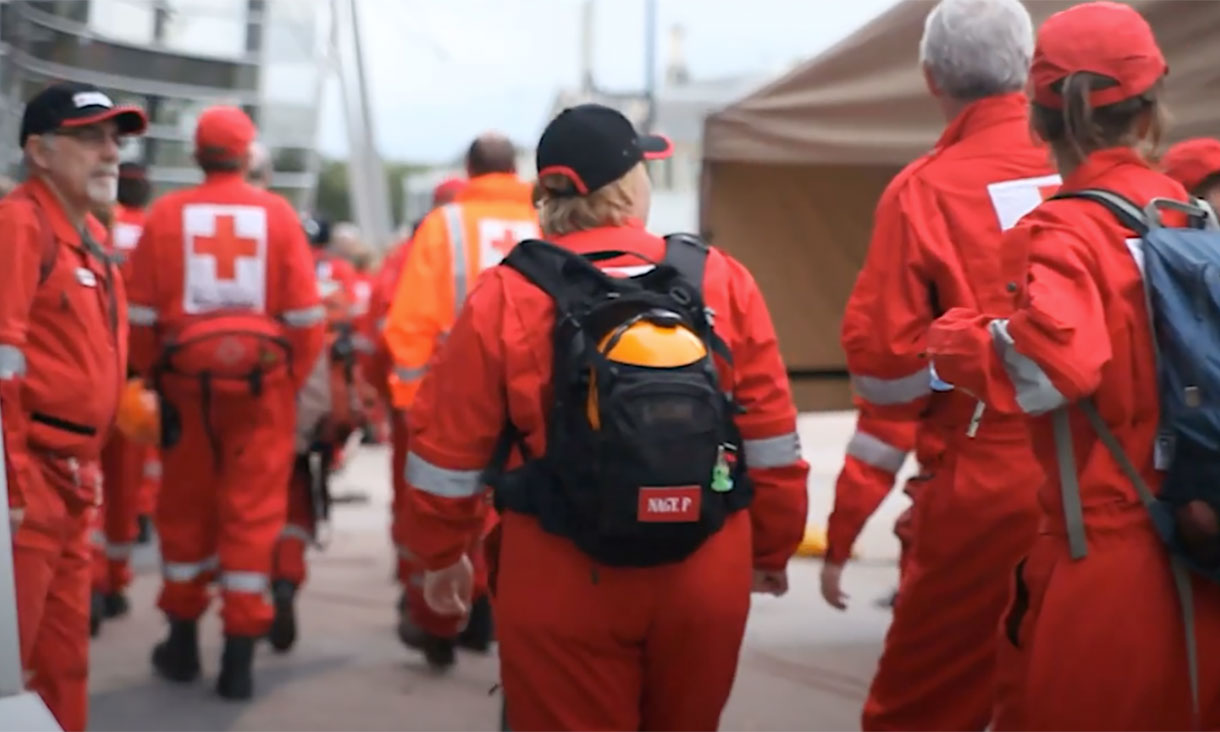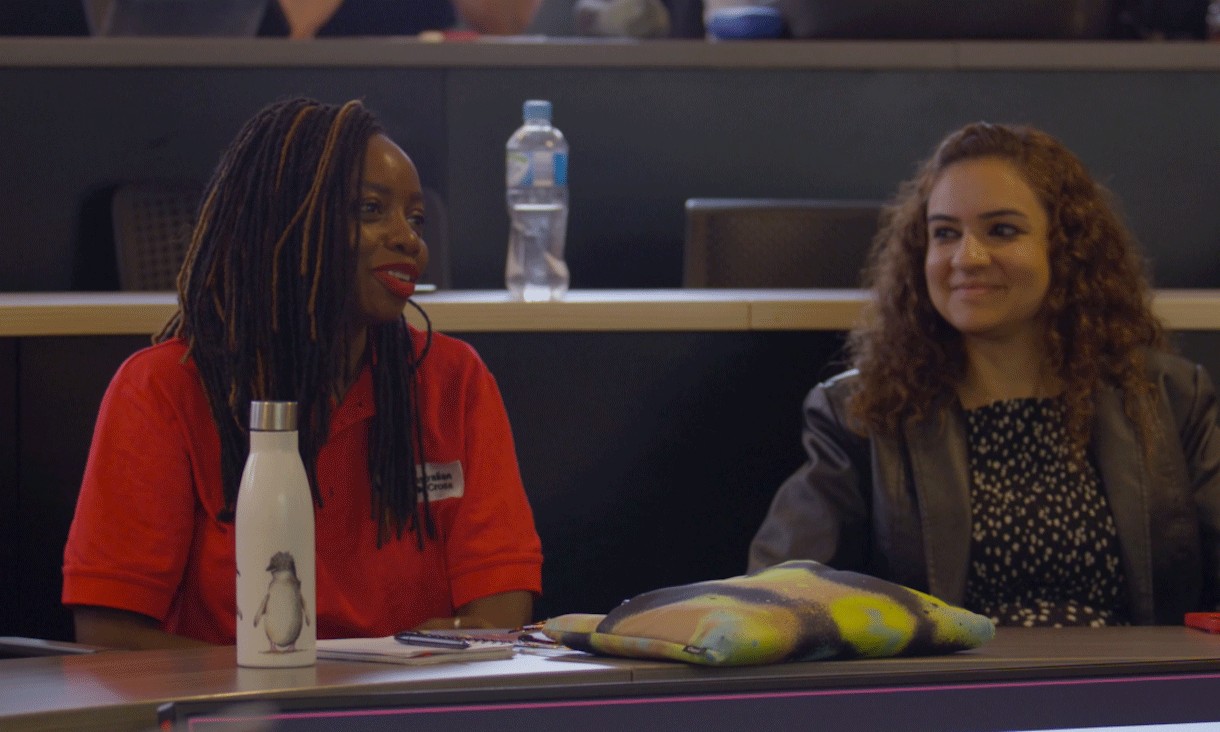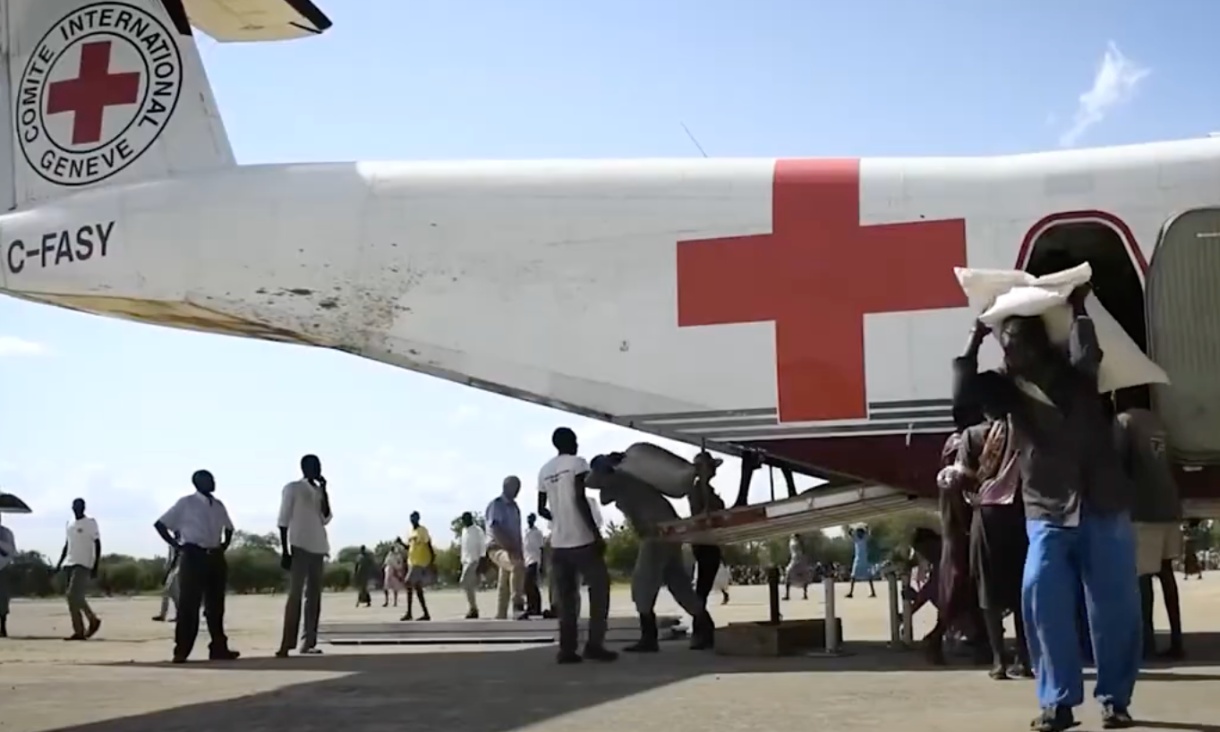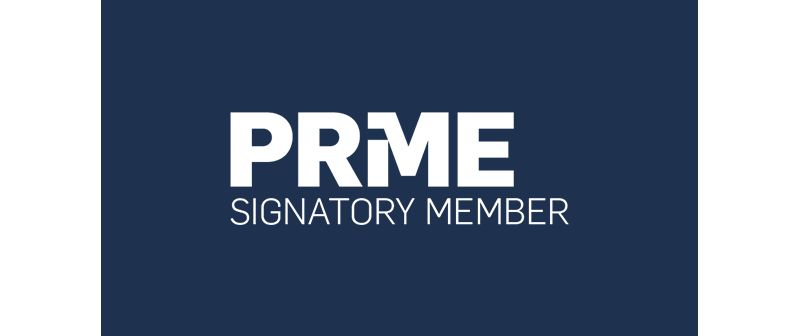RMIT's environment offers increasing opportunities, expectations and recognition for engagement, partnership, and creation of social impact. The College of Business and Law’s strategic position is to operate at the intersection of business and technology, with social impact.
What is social impact?
Social impact is achieved when knowledge is co-created with or transferred to social actors who can use or benefit from it, and that knowledge leads to measurable, positive change. At RMIT, that change is measured against goals – such as the UN Sustainable Development Goals (SDGs) relevant to our expertise and mission.
In a public university like RMIT, a social contract exists between the academic institution and its communities. Students, colleagues at other universities, partners, professions, and governments help to produce knowledge – through that knowledge we seek to generate intentional and positive social change.
How is RMIT helping to achieve social impact?
RMIT’s College of Business and Law creates social impact through research, innovation in education, and external engagement with industry, community, professions and government, which enables us to deeply embed the Sustainable Development Goals (SDGs) in all that we do.
We have an ambitious vision and we’re committed to creating social impact over the next decade, leveraging our international presence, our strong alumni network, and our unique strengths in digital technologies with their impact on business and law practice.
Examples of social impact in the College

Generating Social Impact in partnership with the Red Cross
Collaborations with the College and external organisations, such as Australian Red Cross, help the College to provide education at the intersection of business and technology, with social impact.

RMIT Bachelor of Business X Australian Red Cross Humanitech
Learn how RMIT collaborate with Australian Red Cross Humanitech to provide a real world business challenge that creates positive social impact.

War, Law and Business: A Module on International Humanitarian Law
Dr Jonathan Kolieb has co-developed this online training module for professionals and students on the relevance of international humanitarian law for business with Australian Red Cross. The simulation-based module invites participates to act as a CEO of a fictious company involved in a conflict-affected area, it can be accessed for free on the Red Cross website.
Working with a single partner allows us to build a strong relationship and be more proactive and effective in addressing challenges. With Australian Red Cross, our projects improve organisational and community resilience, and support education about the Red Cross’ important humanitarian goals.
Projects, Partners and People |
1. Actionable insights to aid planners to mitigate the negative impacts of post-disaster volatility of blood donations.
In partnership with the Red Cross, the team has worked to address practical problems such as inventory decisions in blood management, and resource allocation in hospital including intensive care units (ICUs) and emergency departments.
2. Working with NSW local councils, Australian Red Cross, Anglicare and NSW Reconstruction to build resilient towns through community-led disaster recovery, preparedness, mitigation and prevention planning.
The project is funded by the NSW Bushfire Local Economic Recovery (BLER) Fund and is designed to educate and empower communities to make the towns safer.
3. Improving responsible business practice in conflict zones and understanding of international humanitarian law. Dr Jonathan Kolieb has conducted funded research and co-developed resources with and for the Red Cross about international conflict resolution and humanitarian law for business. Dr Kolieb is Co-Director of the College’s Business and Human Rights Centre.
4. RMIT's College of Business and Law students undertake Work Integrated Learning with Australian Red Cross.
College of Business and Law Work Integrated Learning (WIL) ensures RMIT students gain invaluable work experience as part of their academic studies.
|
Goals |
SDG12: Ensure sustainable consumption and production patterns. |
Academic and professional staff at RMIT engage on many activities to co-create and transfer knowledge. These engagement activities may be driven by shared research interests, shared education interests, or both. This collaboration and alignment of efforts help RMIT achieve its broader vision as a leading educational institution.
Projects, Partners and People |
1. Immersive learning enhancing RMIT graduates' employability. RMIT students interacting with emotionally realistic virtual clients or colleagues, resembling real-life scenarios, through VR roleplay simulation. Associate Professor Ling Mei Cong was awarded the global Gold award in Immersive Experiential Learning for this project which enables us to deliver job-ready graduates in line with RMIT’s Knowledge with Action Strategy to generate positive impact.
2. Gamification has been incorporated in learning and teaching to help prepare our future workforce to tackle real world issues like fraud, healthcare expenditure, and climate change. Professor Gillian Vesty is leading research in performance measurement in professions including healthcare and accountancy and has received $40k from CPA Australia Global Research Funds to support her work. She is bringing this work to the classroom by co-creating knowledge with RMIT students via 'serious games'. The Global Business Innovation (GBI) Enabling Impact Platform at RMIT also draws attention to gamified research translation, where business research meets gamification to create impact. 3. Open InnoTrain project, funded by the EU, connects RMIT Europe and RMiT Australia through a global network of industrial partners and academic institutions. Professor Anne-Laure Mention, Director of the Global Business Innovation Enabling Impact Platform, is leading in research translation and applied knowledge exchange in practice through OpenInnoTrain.
RMIT, in collaboration with EINST4INE, also provides training and knowledge based within the overarching research field of industry digital transformation across innovation ecosystems. 4. Developing smart and sustainable cities at the forefront of urban development and planning. Professor Robert McClelland, Associate Professor Trung Nguyen and their colleagues in Vietnam are leading research through the RMIT Vietnam Asia-Pacific Smart and Sustainable Cities Research and Engagement Hub. They conduct multidisciplinary research to provide theoretical and practical knowledge, urban innovations, and strategic management recommendations to private and public stakeholders towards smart and sustainable cities transformations in Vietnam and Asian countries.
|
Goals |
SDG10: Reduce inequality within and among countries. SDG 11: Make cities and human settlements inclusive, safe, resilient and sustainable. |
Staff across all Schools in the College conduct collaborative research on women’s representation and participation in decision-making in various sectors and at all organisational levels. This work aims to inform and support progress towards gender equality, and to improve access to decent, fair work and generate the benefits that come from full participation. These are only a few examples – there are many more.
Projects, Partners and People |
1. Investigating gender dimension of the Australian cyber security sector, working with the Australian Women in Security Network and funded by the federal government’s Australian Signals Directorate.
The Gender Dimensions of the Australian Cyber Security Sector report (PDF) gives the Australian cyber security sector a clearer picture of women’s representation and an understanding of the factors that enable and impede their career participation and advancement. 2. Mapping intersectionality within the Victorian sport sector workplace.
Funded by the 'Change our Game' initiative of the Victorian Government. This initiative launched in June 2023, with the Minister for Community sport stating at the time: “This program is driving behavioural and cultural change across the sport and recreation sector. The research will be vital in helping us achieve gender equality and providing better outcomes for everyone.” 3. Contributing to “Integrating a gender perspective” into the UN Guiding Principles on Business and Human Rights (UNGPs) and their implementation globally. Dr Kate Grosser has provided advice and hosted national consultations to inform the Gender dimensions of the Guiding Principles on Business and Human Rights, and international consultations to inform the UNGPs 10+ A roadmap for the next decade of business and human rights. The UNGPs are embedded in curriculum for undergraduate students and explored through research conducted within the College’s Business and Human Rights Centre (BHRIGHT), of which Dr Grosser is Co-Director. |
Goals |
SDG5: Achieve gender equality and empower all women and girls. |
How can you help make social impact?
If you're interested in working with RMIT’s College of Business and Law to achieve greater social impact, there are many ways to get involved.
Industry, professional, community or government organisation enquiries.
To begin a conversation about how you can contribute to social impact, pitch an idea or identify an area where social impact is already occurring, please contact industry.engagement@rmit.edu.au for more information.
Research Centres
The College of Business and Law’s Research Centres may be able to embed your social impact idea within our ecosystem. Reach out to one of the College's Centres find out more about collaborating with them to achieve social impact.

Supporting the achievement of the UN Sustainable Development Goals
The College of Business and Law is proud to be a Signatory Member of The Principles for Responsible Management Education (PRME) – a United Nations-supported initiative.
We are committed to embedding the seven principles of PRME to support the achievement of the Sustainable Development Goals (SDGs) through our research, teaching and learning and partnerships. Our latest progress report (2020-2022) summarises our efforts.
